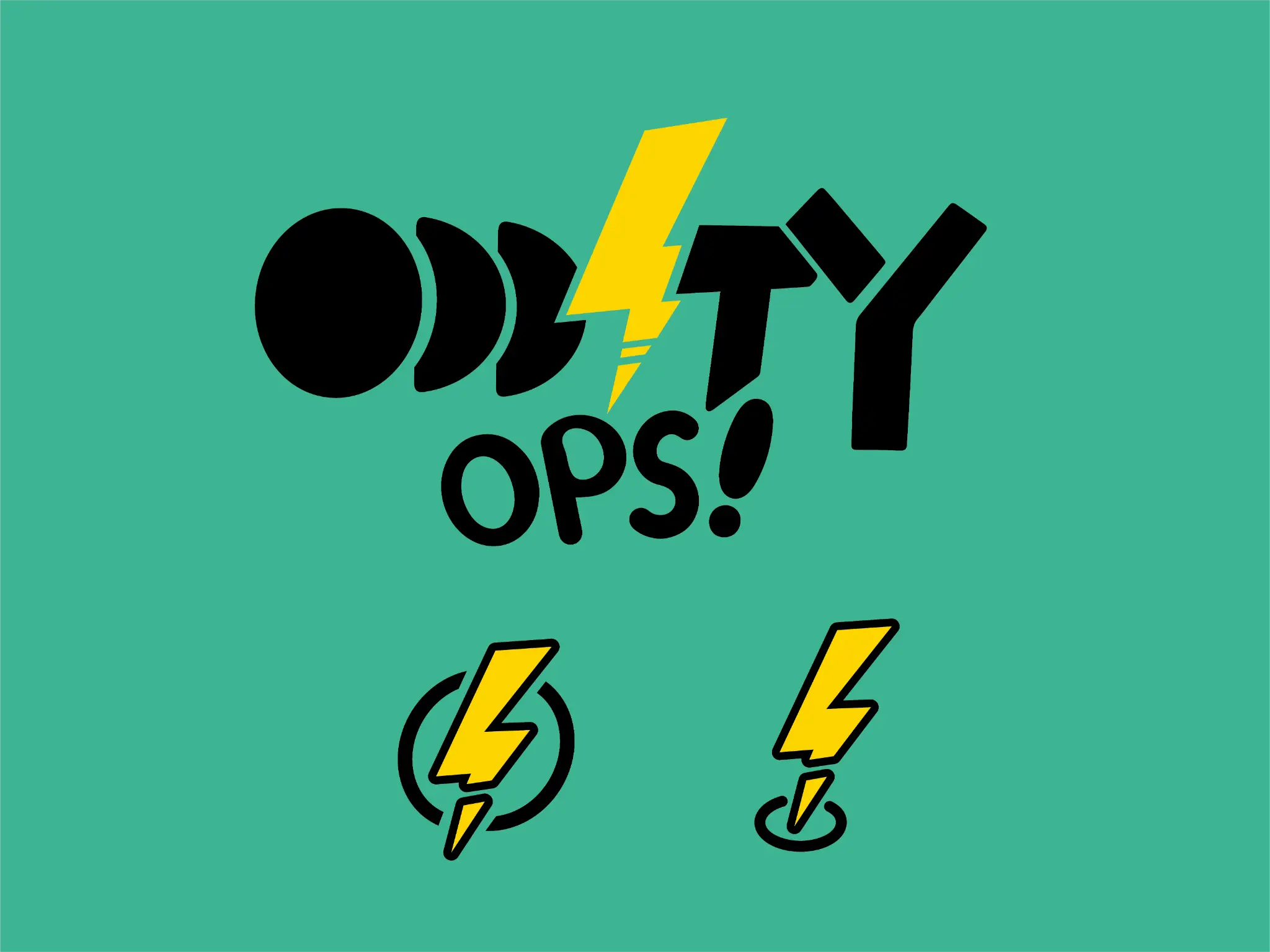The Inventor’s Trap: The Shocking Truth About “We Help Inventors” Companies
You have a brilliant idea. It’s the kind of idea that keeps you up at night, filled with excitement about changing an industry or even just making everyday life a little easier. You know it’s valuable, and you’re ready to bring it to the world.
So, you go online. Maybe you see a compelling TV ad. They promise exactly what you’re looking for: they’ll handle the patenting, the prototyping, and use their “vast industry connections” to get your product on store shelves. It sounds like a dream come true.
Stop. Before you pick up the phone or fill out that form, you need to understand the brutal truth about how these companies really work.
This isn’t meant to crush your dream. It’s meant to save you from a devastating financial and emotional trap that has ruined thousands of inventors before you. Your idea deserves better.
The Core Lie: Their Customer is YOU, Not the Market
Let’s start with the most critical concept: The business model of most invention promotion companies is based on fees from inventors, not on successful products.
A legitimate company makes money when you make money. A venture capitalist invests in your success. A licensing agent takes a commission on your royalty deal.
An invention promoter makes money the moment you sign that contract and pay your $5,000, $10,000, or even $15,000 upfront fee. Whether your product ever sells is, statistically, irrelevant to their bottom line. This fundamental misalignment is the root of all the problems that follow.
The 5-Stage Trap: How the Process Really Works
Stage 1: The “You’re a Genius!” Love Bomb
You submit your idea and quickly get a call from an enthusiastic representative. They’ll tell you your idea is “revolutionary,” has “massive market potential,” and is exactly what their industry partners are looking for.
- The Reality: This “evaluation” is a sales script. They say this to nearly everyone. It’s designed to lower your guard and make you feel like you’ve already won. A legitimate consultant will give you an honest, often critical, assessment.
Stage 2: The Vague Promise & The High-Pressure Sale
They’ll use buzzwords like “industry submission,” “patent assistance,” and “confidentiality protection.” They’ll show you slick videos and may even mention success stories. You’re given a tight deadline to act, creating a false sense of urgency.
- The Reality: The “patent assistance” is often a low-quality application filed by a lawyer they have a kickback deal with. The “industry submission” is often a mass email to a generic list of companies that immediately delete unsolicited ideas.
Stage 3: The Black Hole of Communication
You sign the contract and wire the money. Suddenly, the enthusiastic rep is hard to reach. Your calls go to voicemail, emails take days to be answered. You’re passed to an “invention consultant” who manages hundreds of files.
- The Reality: The sales team’s job is done. You are now a file in a system, not a partner in a promising venture.
Stage 4: The Upsell (The “Good News” Scam)
Weeks or months later, you get a call. “Great news!” they say. A company is “interested,” but they need a more professional prototype, or an international patent filing to move forward. This new “phase” will only cost another few thousand dollars.
- The Reality: This is a classic scam tactic to extract more money from a committed victim. Each new “hurdle” requires more cash, bleeding you dry until you have nothing left to give.
Stage 5: The Inevitable “Sorry” Letter
After 1-2 years and a massive financial investment, you receive a formal letter. It states they were “unable to license your invention” and have therefore fulfilled their contractual obligation. The contract is closed.
- The Reality: Their obligation was only to submit your idea, not to actually succeed. You are left with a maxed-out credit card, a heart full of regret, and a folder of useless documents.
The Real Pain: It’s More Than Just Money
The financial loss is staggering. But the real pain runs deeper:
- Squandered IP: Your idea may now be publicly disclosed, jeopardizing your chance for a real patent. The poorly written patent they filed for you may be worthless.
- Emotional Devastation: You blame yourself, thinking your idea was the problem. The crushing feeling of failure can prevent you from ever pursuing invention again.
- Wasted Time: You’ve lost 1-3 critical years—time during which a competitor could have launched a similar product.
The Better Path: How to Really Bring Your Idea to Life
Your idea deserves a real chance. This means building a team of legitimate, fee-for-service professionals who work for you.
- Start with Education, Not a Contract. Your first stop should be the United Inventors Association (UIA), a non-profit that offers unbiased education and vetted service provider lists. They are your shield against scams.
- Talk to a Patent Attorney FIRST. Before anyone else, pay for a consultation with an independent, registered patent attorney. They will give you an honest opinion on your idea’s patentability and won’t sugarcoat it. This is the best $300-$500 you will ever spend.
- Hire Specialists Directly.
- For a prototype, hire a local product designer or engineer.
- For CAD models, use a freelance engineering site.
- For manufacturing, get quotes from firms like Proto Labs for prototypes.
- Beware of Anyone Promising the Moon. Legitimate help involves hard work, honest feedback, and clear fees for specific services. There are no shortcuts.
Your Dream is Worth Protecting
The path of an inventor is never easy. It requires resilience, resourcefulness, and a healthy dose of skepticism. The companies that prey on inventors are betting on your passion blinding you to the risks.
Don’t let them.
Protect your dream. Protect your wallet. Do your homework, trust verified professionals, and know that the right path, while harder upfront, is the only one with a real chance of leading you to success.
Your idea is precious. Don’t hand it over to a company that sees it as nothing more than a sales commission.

